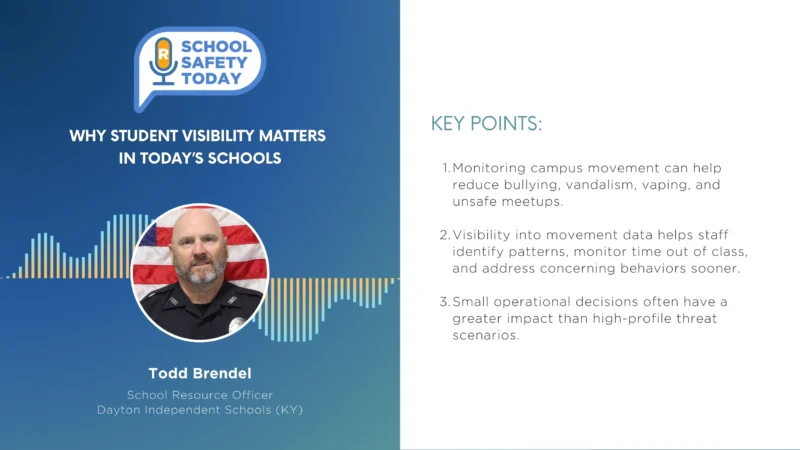What We Can Learn from College Student and Faculty Frustration During COVID-19
According to national surveys of more than 1,000 college students and more than 4,000 higher education faculty whose coursework shifted from in-person to remote learning due to COVID-19, student satisfaction fell by more than 30 percentage points following the move to remote learning. These declines were associated with students’ struggles to stay motivated, uneven access to internet connectivity and devices for online learning, and the absence of recommended practices for online instruction.
Faculty noted that their greatest challenges during the transition were engaging students, adjusting instructional practice to online teaching, adjusting content for remote environments, providing remediation and support to students, and administering secure assessment.
Findings from the national surveys conducted by Digital Promise and Tyton Partners, members of the Every Learner Everywhere network, also revealed specific practices colleges can take to better support online instruction. College students’ satisfaction dropped sharply after the move to remote courses, from 51 percent of students saying they were very satisfied with their course to only 19 percent. But online courses using a wider array of recommended online teaching practices had much higher student satisfaction levels than the courses that used fewer of them.
Faculty were also more likely to report higher levels of satisfaction with student learning when a greater number of instructional practices were used. “Students’ satisfaction was notably higher when their online course included opportunities to discuss content in live sessions, personalized feedback from the instructor, and time to reflect on their learning. When designing courses for fall, colleges should consider flexible designs that allow for community building among students and instructors, even if they have to work at a distance,” said Dr. Barbara Means, executive director of learning sciences research at Digital Promise and lead researcher on the student survey.
Despite the rushed transition to remote teaching, most faculty walked away with an improved perception of online learning. Forty-five percent of faculty noted that their perception of online learning had shifted to be more favorable; only 17 percent said it shifted to be less favorable. “Faculty were more likely to come away with a more favorable view of online learning if key faculty support and professional development were present at their institution, notably instructional design resources, peer-to-peer collaboration forums, or centralized online learning units.
This—among other findings—underscores the important role that professional development and institutional support play in supporting faculty in delivering high-quality online learning,” said Kristen Fox, director at Tyton Partners and lead researcher on the faculty survey.
Other findings include:
● Significant numbers of students experienced problems with their internet connections (44 percent) and software or computing devices (23 percent) that were serious enough to impede participation in their courses; these challenges were magnified for students from lower-income households.
● Students’ greatest challenges in learning remotely included: staying motivated; finding a quiet place to work; and fitting the course in with home and family responsibilities. Students also expressed disappointment over losing opportunities to collaborate with fellow students and to engage in authentic, hands-on activities.
● Many faculty (51 percent) noted they made changes to learning outcomes; most moved to incorporate a form of pass/fail grading (71 percent). As a result, many reflect a concern over student readiness for fall courses. Faculty teaching introductory level courses in particular are concerned at higher rates about remediation and equity gaps.
● As faculty plan for remote teaching this fall, many (50 percent) say they are focused on building a course that can be transitioned between modalities. Faculty primarily plan to use their same core curriculum materials and adopt supplemental digital tools (57 percent).
“Higher education institutions must design and provide equitable digital learning opportunities for all students. Lessons from these surveys can inform their efforts to vastly improve online learning experiences in the wake of COVID-19 and beyond,” said Karen Cator, president and CEO of Digital Promise. “As we move forward into the fall, faculty need support in discovering and implementing high-quality digital tools,” said Gates Bryant, partner at Tyton Partners.
The survey of college students was produced for Digital Promise by Langer Research Associates of New York, N.Y., with field work via the probability-based Ipsos KnowledgePanel.







